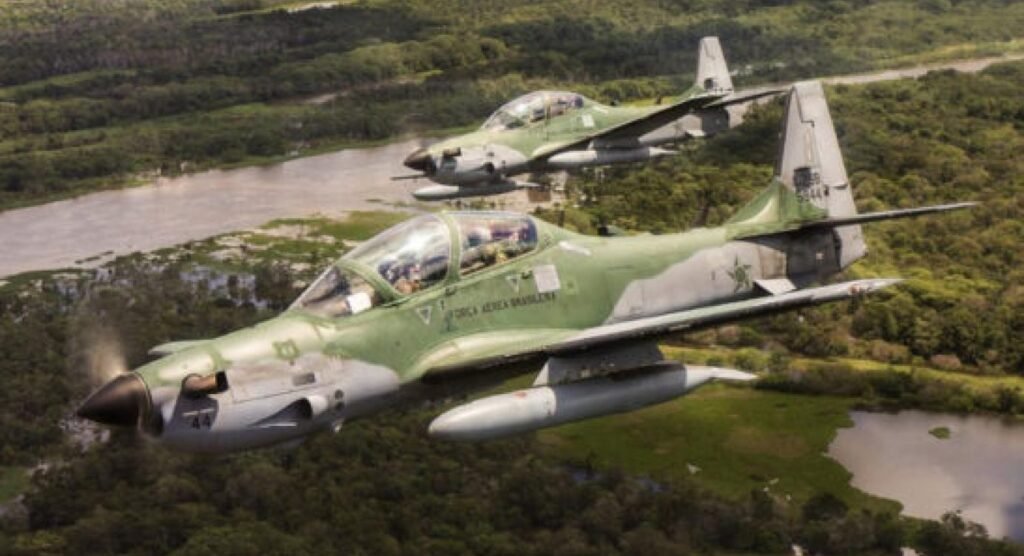THE Nigerian Air Force (NAF) said it has killed more than 35 Islamic State West Africa Province (ISWAP) fighters during precision airstrikes on Saturday, targeting militant assembly points in Borno State, near the Nigeria–Cameroon border.
The operation followed an attempted assault on ground troops by the insurgents. According to the Air Force, multiple intelligence reports guided the offensive, which hit four identified gathering areas of the terrorists.
“Acting on multiple intelligence from several sources, the Air Component executed precision strikes in successive passes, engaging the terrorists and neutralising more than 35 fighters,” the NAF statement, obtained by News Point Nigeria, said.
Ground forces that had earlier come under threat were later able to re-establish communication with the Air Component, confirming that the situation had been stabilised.
The northeast has long been the epicentre of Nigeria’s 16-year jihadist insurgency, with Boko Haram and ISWAP carrying out frequent attacks, overrunning military bases, and killing soldiers in ambushes.
Despite military gains since the height of the crisis in 2015, attacks have increased this year, heightening concerns over the militants’ renewed strength.
The NAF noted that the strikes were part of “intensified efforts to dominate the battlefield and deny terrorists freedom of action”, while also cutting off their logistics and movement corridors across the northeast border zones.
The region, which borders Cameroon, Chad, and Niger, continues to serve as a volatile hotspot for cross-border insurgent activity.
Earlier this week, Niger’s military claimed it had killed a senior Boko Haram commander in an airstrike in the Lake Chad basin, a claim dismissed by a close aide to the insurgents group’s leadership.
According to the United Nations, the insurgency has claimed more than 40,000 lives and displaced over two million people in Nigeria and neighbouring countries.
The latest air raid comes days after the US State Department approved a proposed $346 million weapons sale to Nigeria, including bombs, rockets, and munitions, aimed at strengthening the country’s counter-terrorism operations.
The deal, however, is subject to Congressional approval. The US government has also stressed the need for Nigeria to avoid civilian casualties during operations, citing previous incidents where airstrikes inadvertently struck non-combatants.
A spokesperson for the US Embassy in Abuja told AFP that Washington continues to engage with Nigerian authorities to “protect civilians from harm, ensure transparent investigations into casualty incidents, and press for accountability.”
Nigeria’s armed forces are currently stretched thin, simultaneously battling jihadists in the northeast and heavily armed bandit gangs in the northwest.
Saturday’s successful operation, military analysts say, underscores Nigeria’s reliance on air power to offset the mobility and resilience of insurgent fighters entrenched in remote border regions.







